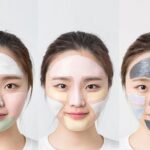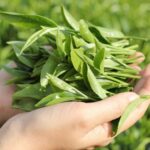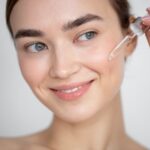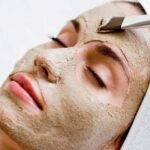As we enter puberty, it’s inevitable that acne will start to appear on our faces. Let’s explore the causes of acne and the most effective treatment methods during this pivotal stage of life.
1 Causes of Acne During Puberty
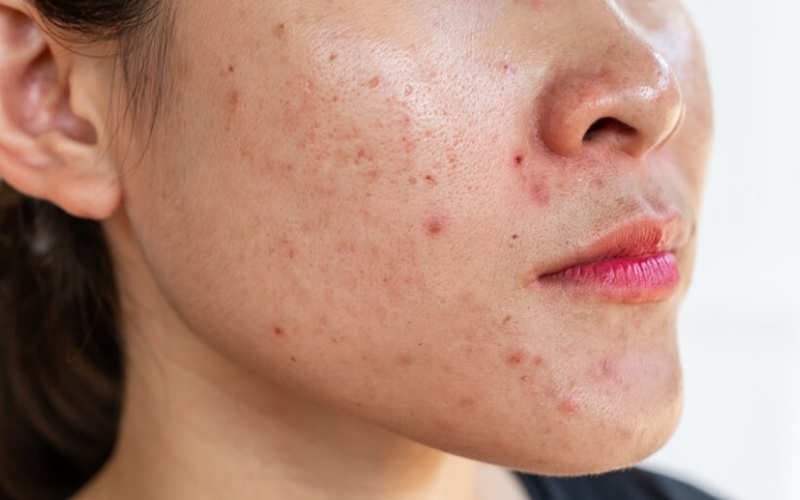 Causes of Acne During Puberty
Causes of Acne During Puberty
Changes in Androgen Hormones
Androgen hormones, also known as male sex hormones, increase the activity of the sebaceous glands in the skin during puberty. The excess sebum produced creates an ideal environment for acne-causing bacteria to thrive and clogs pores, leading to breakouts.
Ineffective Facial Cleansing
During puberty, some young people may not know how to properly take care of their skin and develop bad habits that affect their complexion. This includes picking at pimples with their hands, frequently touching their face, and using cosmetics of unknown origin or with ingredients unsuitable for their skin type. These habits inadvertently create opportunities for bacteria to invade the skin and cause acne.
Other Factors
Other factors such as an unhealthy lifestyle, dehydration, late nights, and a diet high in greasy foods can also exacerbate acne during puberty. Additionally, prolonged stress and anxiety can be significant contributors to acne vulgaris.
2 Common Types of Acne During Puberty
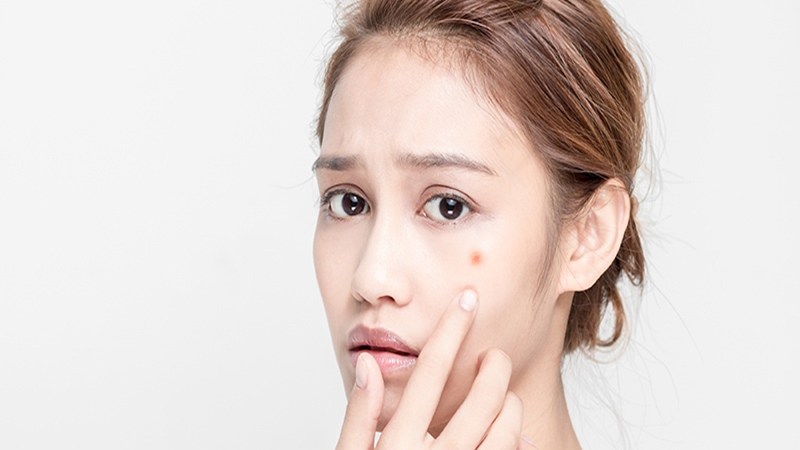 Common Types of Acne During Puberty
Common Types of Acne During Puberty
Non-Inflammatory Acne
Non-inflammatory acne is less damaging to the skin and relatively easy to treat. It typically includes two types:
- Whiteheads: These are formed when pores become clogged with a mixture of sebum, dead skin cells, and bacteria.
- Blackheads: Blackheads occur when excess sebum and dead skin cells are oxidized on the surface of the skin.
Inflammatory Acne
Inflammatory acne tends to be more severe, often causing swelling and leaving scars. Some common types of inflammatory acne during puberty include:
- Papules: Papules are red or pink bumps on the skin, indicating a moderate to severe form of acne vulgaris.
- Pustules: Pustules are similar to whiteheads but with a red ring around the base, and they can leave scars if not properly treated.
- Nodules: Nodules form deep within the skin and are often painful. They indicate a severe form of acne.
- Cysts: Cystic acne is the most severe form, causing large, red, and painful lesions that can lead to permanent scarring.
3 Treating Acne During Puberty
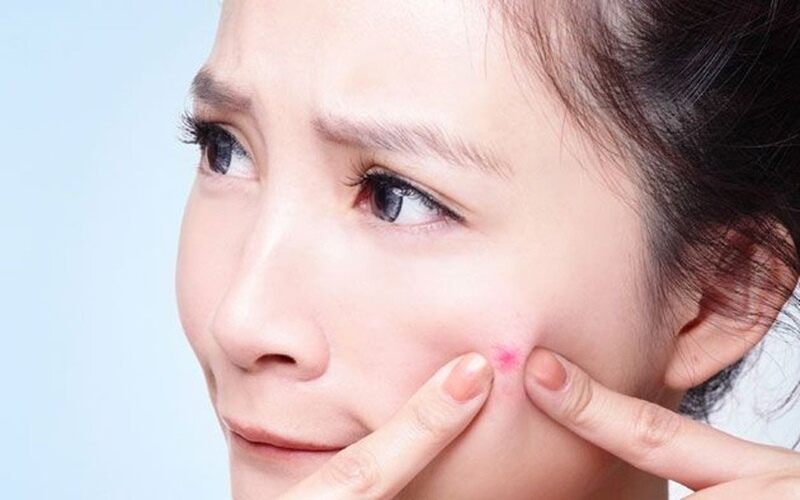 Treating Acne
Treating Acne
Natural Remedies for Acne
- Turmeric: Turmeric contains curcumin, which promotes the formation of new skin cells. It helps suppress inflammation and reduces acne scars and pigmentation.
- Honey: Honey is rich in enzymes that moisturize the skin and promote cell regeneration and elasticity.
- Tomatoes: Tomatoes are a great source of beta-carotene, which aids in regenerating skin cells and eliminating harmful toxins.
- Aloe Vera: Aloe vera provides essential minerals and hydration to the skin, helping to balance moisture levels and combat acne.
Topical Acne Treatments
Over-the-counter acne treatments containing active ingredients like acetic acid, benzoyl peroxide, salicylic acid, or sulfur can be effective. However, these products offer moderate results and require consistent use over several weeks to see improvements.
Moisturize with Anti-Acne Creams
It’s crucial to moisturize acne-prone skin adequately to stabilize the skin’s structure and aid in its recovery. Choose moisturizers and creams that are specifically designed to combat acne and reduce pigmentation.
4 Preventing Acne During Puberty
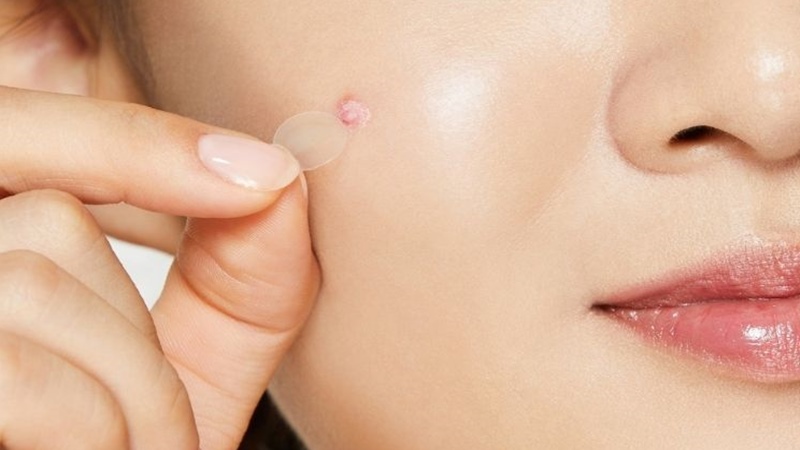 Preventing Acne During Puberty
Preventing Acne During Puberty
Here are some effective tips to prevent acne during puberty:
- Avoid Touching Your Face: Refrain from touching your face to prevent the transfer of bacteria, which can lead to breakouts.
- Don’t Pick at Pimples: Popping pimples can cause severe skin infections and even permanent scarring.
- Don’t Overwash Your Face: Washing your face too frequently can irritate and dry out your skin, leading to increased sebum production. Twice a day is generally sufficient—once in the morning and once before bed.
- Sleep Early and Enough: Adequate sleep helps restore your body and skin. Avoid late nights to prevent worsening acne.
- Use Reputable Skincare Products: Consult a dermatologist to choose suitable skincare and acne treatment products.
5 Frequently Asked Questions About Acne During Puberty
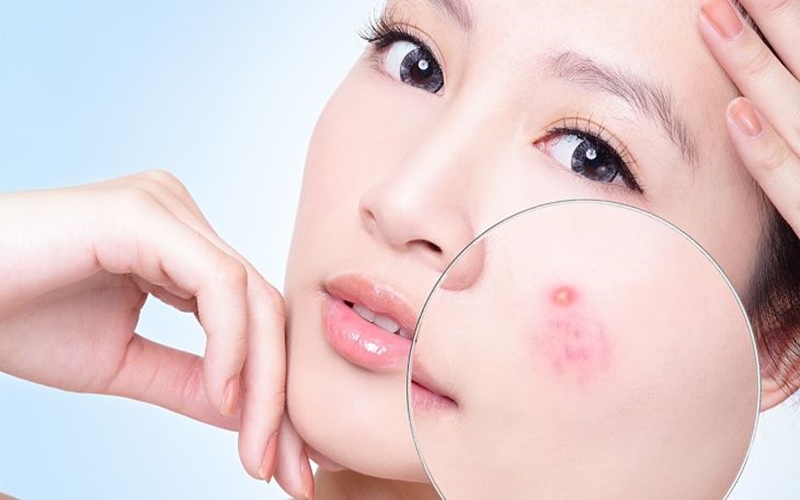 Frequently Asked Questions About Acne During Puberty
Frequently Asked Questions About Acne During Puberty
Should I Pop Pimples During Puberty?
It’s best to avoid popping pimples at home, especially if you’re unsure of the proper technique. Improper extraction can lead to severe skin damage and permanent scarring.
Will Acne Go Away on Its Own After Puberty?
Acne typically improves as one moves past puberty. However, some individuals may continue to experience acne vulgaris into adulthood. If you’re still struggling with acne after puberty, consult a dermatologist for a proper evaluation and treatment plan.
We hope that this article has provided you with valuable insights into the causes and effective treatments for acne during puberty. Take good care of your skin, and don’t hesitate to seek professional advice if needed.
“Unlock the Secret to Flawless, Radiant Skin with Fresh Green Tea”.
Green tea leaves are packed with vitamins and minerals that are not only beneficial for your health but also boast an array of skin-loving compounds. The antioxidants found in green tea are incredibly effective in skincare and beauty routines, offering a natural way to nourish and enhance your complexion.
























